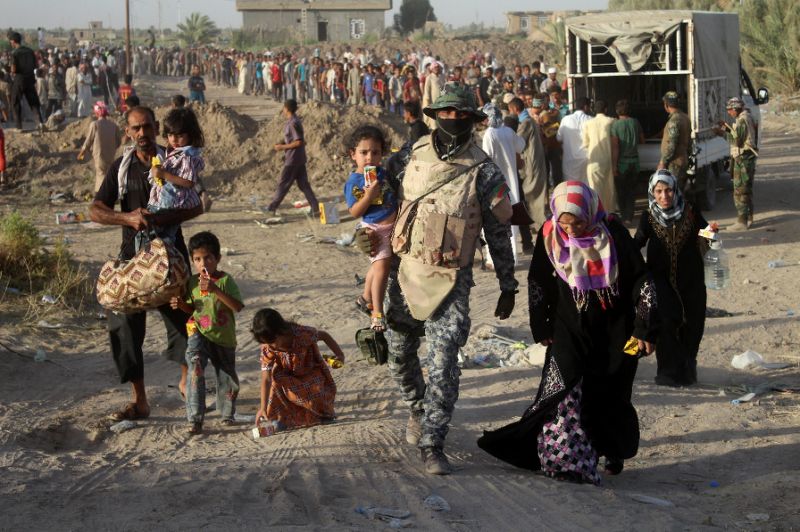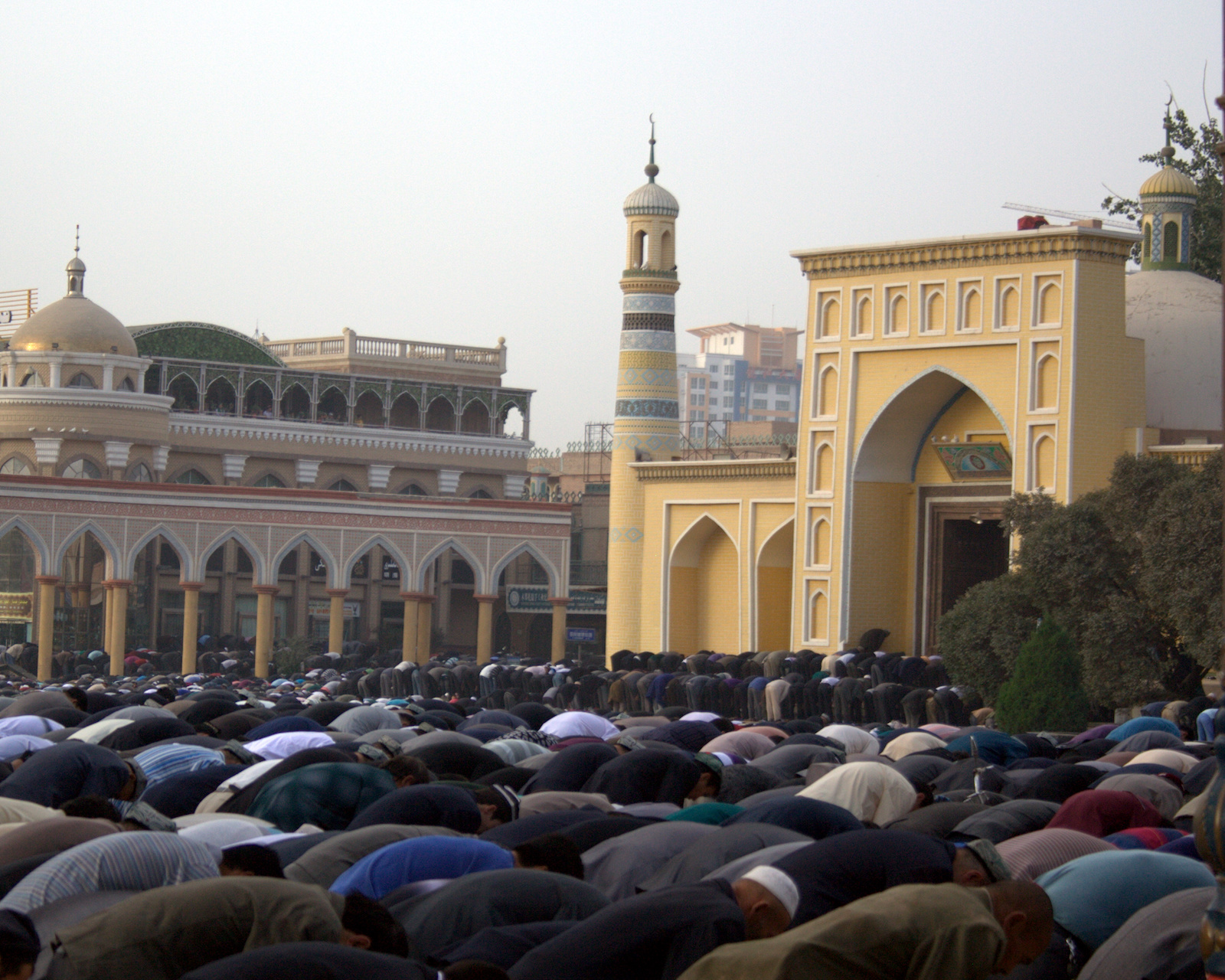Catalan separatists decorate streets, monuments and even beaches with yellow ribbons to promote their cause — but their opponents just as soon remove them to clean up” this Spanish region.
Tensions are rising in Catalonia over the use of this symbol demanding the release of Catalan political leaders who were jailed during the region’s fight for independence last year.
A group of around 80 masked activists wearing white boiler suits removed hundreds of yellow ribbons overnight from small towns near Girona, images broadcast on Spanish television showed.
“We went to three towns and we filled between 18 and 20 garbage bags with yellow ribbons. In total it was between 100 and 120 kilos (220 and 265 pounds),” the spokesman for the self-described Cleaning Brigade, Jose Casado, told AFP.
In a sharply divided region, especially since a failed declaration of independence in October, such groups have emerged in recent months in response to campaigns by Catalan separatists.
Independence sympathizers have covered bridges, entire streets, street fronts and even monuments such as Tarragona’s Roman walls with plastic yellow ribbons since Spain jailed a number of Catalan political leaders over the independence declaration. Other leaders went into exile to avoid arrest.
Yellow ribbons have also appeared painted on walls, roads or street furniture like flower pots.
Some Catalan beaches have meanwhile been transformed into cemeteries of yellow crosses which separatists say symbolize the death of democracy in Spain.
Independence sympathizers wear tiny yellow ribbons on their clothes and yellow ribbons occupy the seats in the Catalan parliament of the jailed politicians.
Spanish state is afraid of yellow ribbons and wants unionists to be able to remove them freely wearing masks and armed. Any idea how this sounds? Democracy or totalitarism? #Catalonia #Spain https://t.co/4fK3RpviiL
— Mikko Kärnä
(@KarnaMikko) August 27, 2018
‘Freedom of Expression’
Catalan president Quim Torra and members of his regional government even posed for a picture by a giant yellow ribbon during the recent one-year anniversary of the deadly jihadist attacks in Barcelona in 2017.
“Anyone can put whatever they want in their home but public spaces belong to everyone,” said Casado of the Cleaning Brigade, arguing that the yellow ribbons were being “imposed” on public spaces by the separatists.
Conservative Spanish parties back the removal of the yellow ribbons, especially center-right Ciudadanos which was formed to fight Catalan independence.
It has launched a campaign called “Let’s remove the yellow ribbons!”.
Albert Rivera, the Ciudadanos national leader, and Ines Arrimadas, the leader of Ciudadanos in Catalonia, removed yellow ribbons from public spaces in a Catalan town on Wednesday, throwing them in garbage bags which they carried themselves, before taking part in a demonstration against the ribbons.
Separatists say placing the ribbons in public spaces is part of the “debate of ideas” of any democracy and criticise those who remove them.
“Placing ribbons or anything is an act of democracy. Removing them is restricting freedom of expression, the vice president of influential grassroots separatist group ANC, Pep Cruanyes, told AFP. “If they don’t like our symbols, they should go out and place something else.”
Punched in Face
Regional head Torra has urged the Catalan police, the Mossos d’Esquadra, to act against “aggressive groups who want to scare activists calling for the release of the prisoners.”
The tension over the ribbons has spilled over into some violent incidents.
Police said Wednesday they had arrested a man in Barcelona suspected of having punched a woman in the face who was removing yellow ribbons from a park fence.
After an anti-independence association filed a lawsuit accusing Mossos of acting “arbitrarily” against those who remove yellow ribbons, public prosecutors on Monday opened a probe into Catalonia’s regional police force.
Spain’s attorney general, Maria Jose Segarra, has tried to ease tensions, saying recently that “placing or removing (ribbons) was not a crime.”
























